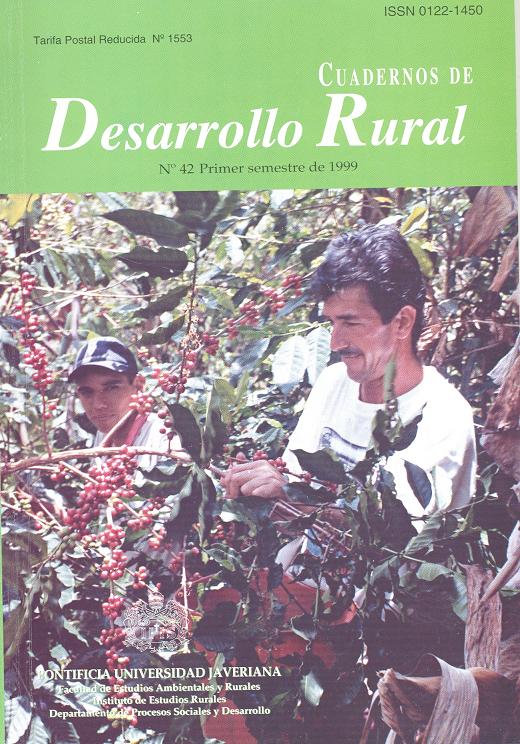Abstract
ResumenLas zonas rurales, en grados diferentes, están confrontadas a un conjunto de problemas resultado de las actualestrasfonnaciones económicas y sociales a escala mundial. El diseño e implantación de instrumentos por parte de los poderespúblicos resulta indispensable para asegurar la vitalidad de las comunidades rurales. En este sentido, la Iniciativa LEADERrepresenta la primera intervención específica en el ámbito de la Unión Europea para promover la reactivación de las áreasrurales sobre la base de proyectos innovadores, la participación activa de la población y de los agentes económicos y sociales.La creación de empresas como meta de los procesos de desarrollo rural ha permitido constatar la innovación y lacapacidad de movilización de recursos por parte de las comunidades locales dentro del programa LEADER.Laadecuación teórica con los principios del desarrollo integrado y el ajuste en los diferentes niveles de funcionamientode la iniciativa comunitaria perfila a las sociedades cooperativas como la forma societaria más adecuada paralograr la cohesión económica y social de las áreas rurales en la Unión Europea.Cuadernos de Desarrollo Ruralis registered under a Creative Commons Attribution 4.0 International Public License. Thus, this work may be reproduced, distributed, and publicly shared in digital format, as long as the names of the authors and Pontificia Universidad Javeriana are acknowledged. Others are allowed to quote, adapt, transform, auto-archive, republish, and create based on this material, for any purpose (even commercial ones), provided the authorship is duly acknowledged, a link to the original work is provided, and it is specified if changes have been made. Pontificia Universidad Javeriana does not hold the rights of published works and the authors are solely responsible for the contents of their works; they keep the moral, intellectual, privacy, and publicity rights.
Approving the intervention of the work (review, copy-editing, translation, layout) and the following outreach, are granted through an use license and not through an assignment of rights. This means the journal and Pontificia Universidad Javeriana cannot be held responsible for any ethical malpractice by the authors. As a consequence of the protection granted by the use license, the journal is not required to publish recantations or modify information already published, unless the errata stems from the editorial management process. Publishing contents in this journal does not generate royalties for contributors.


